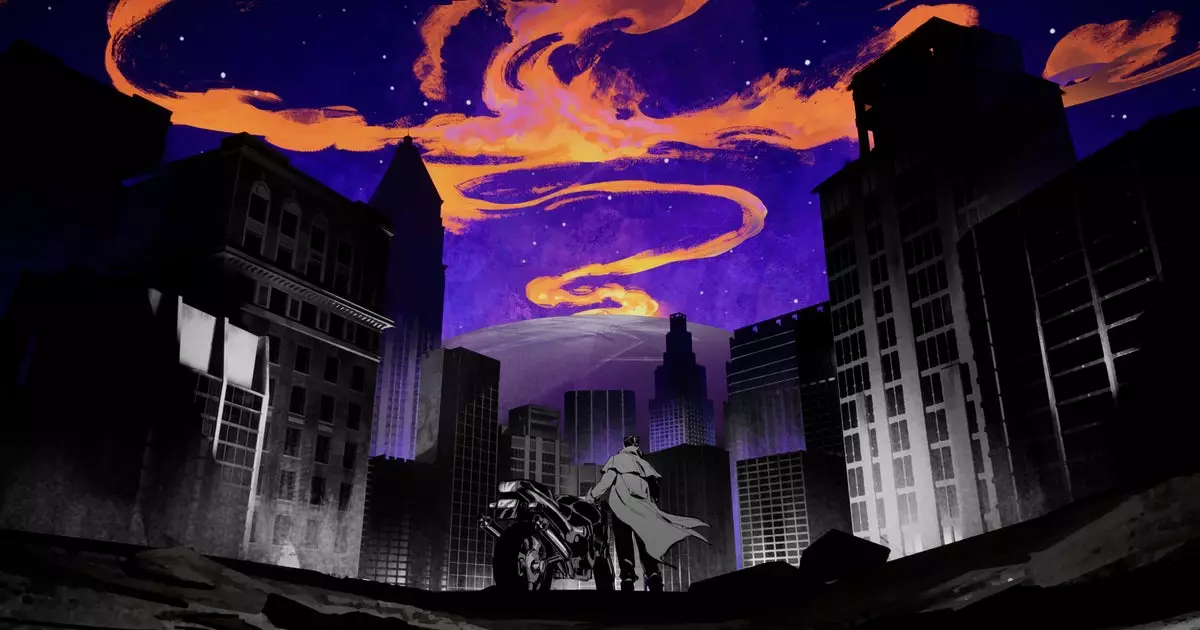Crowdfunding platforms, like Kickstarter, have become a popular route for indie game studios eager to bring innovative projects to life without traditional publisher backing. However, the harsh reality is that many projects fail to reach their funding goals, often dooming promising games to cancellation or indefinite delays. Summerfall Studios’ recent experience with Malys—a roguelike deckbuilder where players embody a former priest turned demon hunter—epitomizes this challenge. Despite the studio’s pedigree, co-founded by renowned Dragon Age writer David Gaider, the Kickstarter campaign fell short of its target, placing the game’s future at risk.
This setback could have been a fatal blow. Still, instead of shelving Malys, Summerfall Studios pivoted, choosing to launch the game in early access. This decision is a testament to their resilience and a keen understanding of how fluid game development has become, especially in the indie space. Rather than viewing Kickstarter as the only path to success, the studio has leaned into community interaction through early access—a move that both embraces transparency and opens new possibilities for iterative growth.
Early Access as a Strategic Move, Not a Last Resort
Early access has gathered a mixed reputation in gaming communities; some perceive it as a band-aid for unfinished products, while others see it as an opportunity to shape a game collaboratively. Summerfall Studios clearly falls into the latter camp. Liam Esler, the project director, openly acknowledges that Malys remains a work in progress and admits that this early release differs from many “mostly done” early access titles you find these days. This honesty is refreshing and commendable—it sets accurate expectations, mitigating the risk of community backlash due to bugs or missing features.
By shifting to early access, Malys gains crucial feedback at a formative stage. Considering the game’s roguelike-deckbuilder genre often relies heavily on balance and intricate mechanics, real player input becomes invaluable. The studio commits to regular updates, aiming for new content, bug fixes, and tweaks approximately every three weeks. This cadence suggests dedication and a sustainable development pipeline, a vital indicator for those hesitant about early access purchases.
Building a Community From Scratch: The Heartbeat of Indie Success
A central theme underlying this entire endeavor is the importance of community. Esler’s comments spotlight how the studio’s plans had to shift because of Kickstarter’s failure—a reminder that games like Malys “live and die on their communities.” Developing a strong, engaged player base early on empowers the developers to refine the game in ways that no internal testing team can fully replicate.
This is where Summerfall’s gamble might pay off most. Instead of letting Kickstarter’s disappointment define the project’s trajectory, they opted to foster a partnership with their players. Encouraging a collaborative environment through early access not only builds loyalty but can also generate organic buzz, crucial for a game not buoyed by mainstream marketing resources.
The Risk and Reward Equation
However, this approach is not without risks. Early access players need to be comfortable with an imperfect experience, replete with known bugs and incomplete content—issues the studio openly shares on the Steam page. Moreover, the promise of a price increase post-early access adds pressure on potential buyers to take a leap of faith before the game reaches full release.
Nevertheless, for those intrigued by atmospheric roguelike deckbuilders and storytelling-rich games born from studios with a strong narrative background, Malys offers something worth following. The combination of narrative ambition and the roguelike deckbuilder mechanics is relatively rare, creating potential for a fresh and innovative gaming experience that could delight genre enthusiasts.
Why Malys’ Journey Is Intriguing to Watch
Summerfall Studios’ willingness to adapt, communicate transparently, and engage actively with their player base shines as an example of modern indie game resilience. Malys’ path—from a Kickstarter stumble to a live early access release—illustrates a creative problem-solving mindset rarely visible in bigger studios beholden to rigid release schedules.
This model, though fraught with uncertainties, may well be how many unique, artistically-driven titles break through in the evolving marketplace. While early access isn’t a magical fix, when wielded thoughtfully, as Summerfall seems to be doing, it can transform potential failure into a dynamic, player-driven development journey—and that’s a power worth applauding.


Leave a Reply